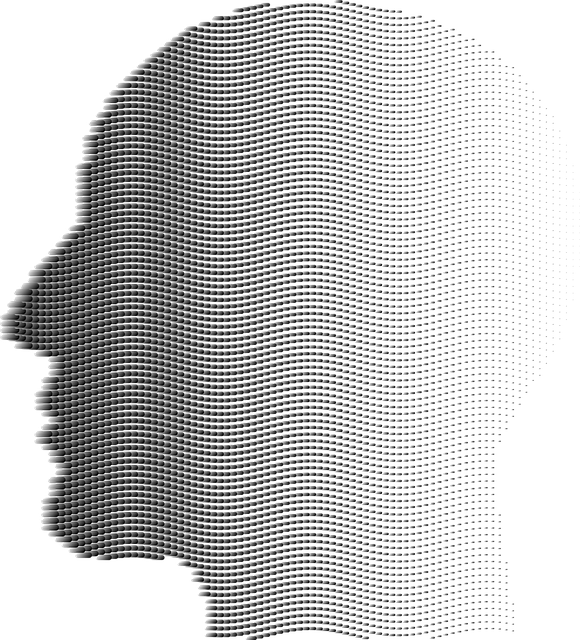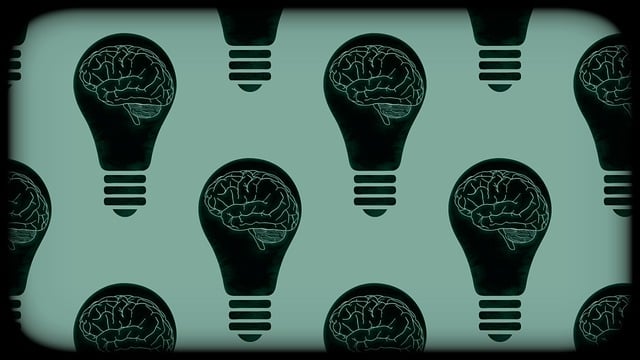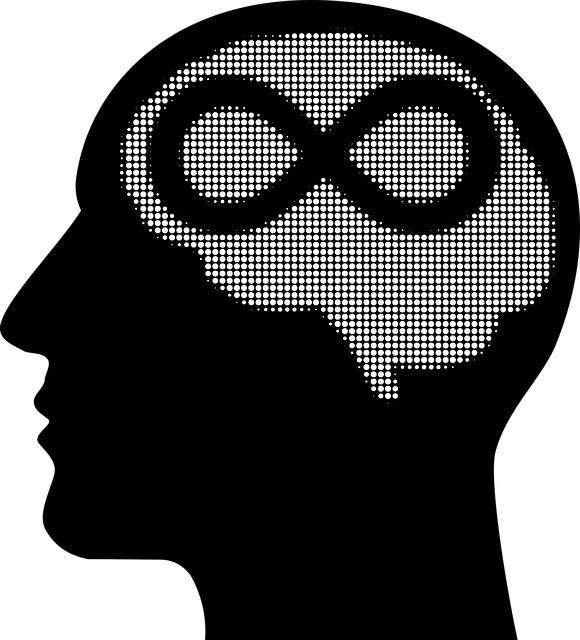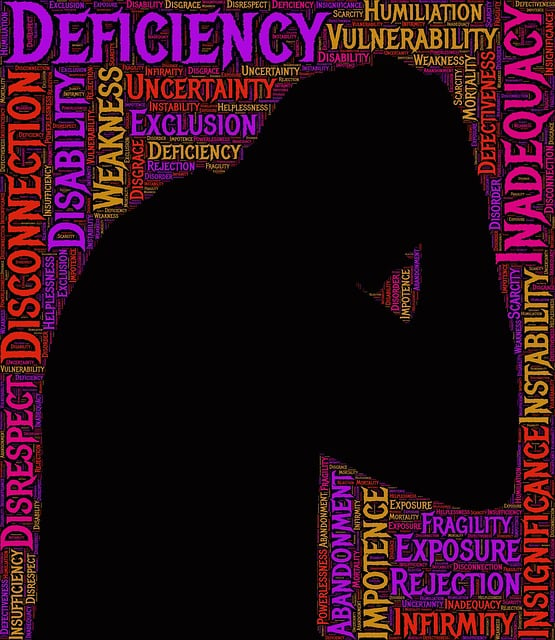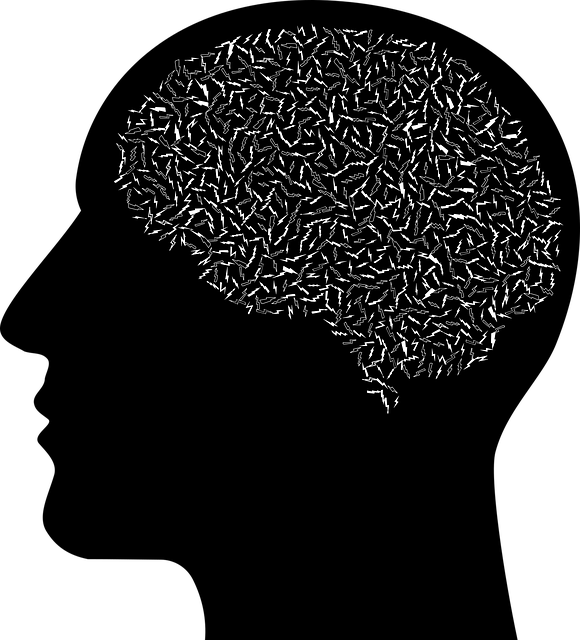Diagnosing mental illness accurately is challenging due to overlapping symptoms, stigma, and lack of standardized tools. Louisville Psychosis Therapy centers focus on psychotic disorders using evidence-based assessment protocols, advanced research, and public awareness workshops. Their comprehensive approach combines therapeutic methods with self-awareness exercises for healthcare providers, enhancing diagnosis accuracy and personalizing care plans. Advanced psychological assessments incorporating neurobiological markers and tailored practices revolutionize diagnosis, enabling precise, patient-centered care in Louisville.
Mental illness diagnosis accuracy is a critical aspect of healthcare that demands continuous improvement. This article delves into the current challenges in diagnosing mental health conditions, exploring innovative solutions such as Louisville Psychosis Therapy—a specialized approach designed to enhance diagnostic precision. We discuss advancements in assessment tools, the role of training and education for professionals, and patient-centered care strategies, all geared towards improving diagnosis accuracy. By leveraging these efforts, we aim to transform mental healthcare for better outcomes.
- Understanding the Current State: Challenges in Diagnosing Mental Illness
- Louisville Psychosis Therapy: A Specialized Approach
- Advancements in Assessment Tools and Techniques
- Training and Education: Equipping Professionals for Accurate Diagnosis
- Patient-Centered Care: Enhancing Communication and Collaboration
Understanding the Current State: Challenges in Diagnosing Mental Illness

Diagnosing mental illness accurately is a complex task, often shrouded by stigma and lack of understanding. In many cases, individuals struggle for years before receiving a proper diagnosis, if they receive one at all. The current state of mental health care highlights several significant challenges. One of the primary hurdles is the vast array of symptoms that can manifest across various disorders, making it difficult to differentiate between them. For instance, depression and anxiety share numerous commonalities, and psychosis can masquerade as extreme stress or substance misuse. This complexity necessitates a nuanced approach, where healthcare professionals must carefully consider all factors, including personal history, family background, and environmental influences.
Additionally, the lack of standardized assessment tools across different regions creates inconsistencies in diagnosis. Louisville psychosis therapy centers often face the challenge of working with patients who have received inconsistent or conflicting diagnoses from other facilities. To improve accuracy, there is a growing emphasis on developing comprehensive assessment protocols that can be widely adopted. This includes integrating advanced research findings and utilizing evidence-based practices. Public awareness campaigns development and Stress Management Workshops Organization can also play a pivotal role in educating the public, reducing stigma, and encouraging individuals to seek help early, potentially leading to more accurate and timely diagnoses.
Louisville Psychosis Therapy: A Specialized Approach

Louisville Psychosis Therapy represents a specialized approach to addressing mental health concerns, particularly psychotic disorders. This innovative treatment model combines advanced therapeutic techniques with a deep understanding of the unique challenges faced by individuals experiencing psychosis. By focusing on Louisville Psychosis Therapy, healthcare providers and therapists aim to enhance diagnosis accuracy and develop personalized treatment plans that promote meaningful recovery.
Incorporating Self-Awareness Exercises and Burnout Prevention Strategies for Healthcare Providers is a key aspect of this specialized therapy. These strategies ensure that both patients and practitioners maintain optimal mental wellness during the treatment process. Through such comprehensive care, Louisville Psychosis Therapy not only improves diagnosis accuracy but also fosters a supportive environment conducive to long-term recovery and improved quality of life.
Advancements in Assessment Tools and Techniques

Advancements in assessment tools and techniques play a pivotal role in enhancing mental illness diagnosis accuracy. Modern approaches go beyond traditional methods, incorporating cutting-edge technologies and evidence-based practices. For instance, Louisville psychosis therapy benefits from sophisticated psychological assessments that consider neurobiological markers and individual experiences, leading to more precise diagnoses. These advancements enable healthcare professionals to tailor treatment plans, ensuring personalized care for each patient’s unique mental health needs.
Empathy building strategies and stress reduction methods are integral components of these improved assessment techniques. By fostering open communication and creating a supportive environment, therapists can accurately interpret patients’ symptoms and behaviors. Additionally, integrating evidence-based interventions aimed at enhancing mental wellness further contributes to the overall accuracy and effectiveness of diagnosis, ultimately improving patient outcomes.
Training and Education: Equipping Professionals for Accurate Diagnosis

Mental health professionals play a pivotal role in diagnosing mental illnesses accurately, and their training is an essential aspect of this process. Continuous education and specialized programs are crucial to keeping up with the latest research, treatment modalities, and symptom recognition. At Louisville Psychosis Therapy, for instance, therapists undergo rigorous training to develop a deep understanding of various mental health conditions. This includes learning advanced communication strategies and emotional intelligence techniques that aid in accurate assessments.
By fostering an environment where professionals can enhance their skills through workshops, seminars, and peer-led discussions, the quality of care improves significantly. These educational efforts enable therapists to detect subtle signs of distress, differentiate between similar disorders, and provide personalized treatment plans. Effective training ensures that individuals seeking help receive timely and precise diagnoses, which is pivotal for effective anxiety relief and overall emotional well-being.
Patient-Centered Care: Enhancing Communication and Collaboration

In the pursuit of enhancing mental illness diagnosis accuracy, patient-centered care plays a pivotal role. This approach prioritizes open communication and collaborative problem-solving between patients and healthcare providers. By fostering an environment where individuals feel heard, understood, and respected, Louisville psychosis therapy can significantly improve. When patients actively participate in their treatment plans, it not only boosts their engagement but also facilitates more precise assessments. Healthcare professionals equipped with conflict resolution techniques can navigate sensitive discussions, ensuring patients share detailed symptoms and experiences without hesitation.
Cultural sensitivity in mental healthcare practice is another crucial aspect. Recognizing and respecting diverse cultural backgrounds enables healthcare providers to tailor their approach, considering unique beliefs and practices that might influence an individual’s presentation of mental health issues. Integrating stress reduction methods, such as mindfulness or cognitive-behavioral techniques, within patient-centered care can further enhance the diagnostic process. These methods not only alleviate symptoms but also provide valuable insights into a patient’s emotional state and coping mechanisms.
Mental illness diagnosis accuracy has seen significant strides with advancements in assessment tools, specialized approaches like Louisville Psychosis Therapy, and enhanced training for professionals. By prioritizing patient-centered care, these efforts not only improve diagnostic precision but also foster better communication and collaboration, ultimately leading to more effective treatment plans. As research continues, a combination of innovative techniques and empathetic care will remain crucial in accurately diagnosing and managing mental health conditions.
